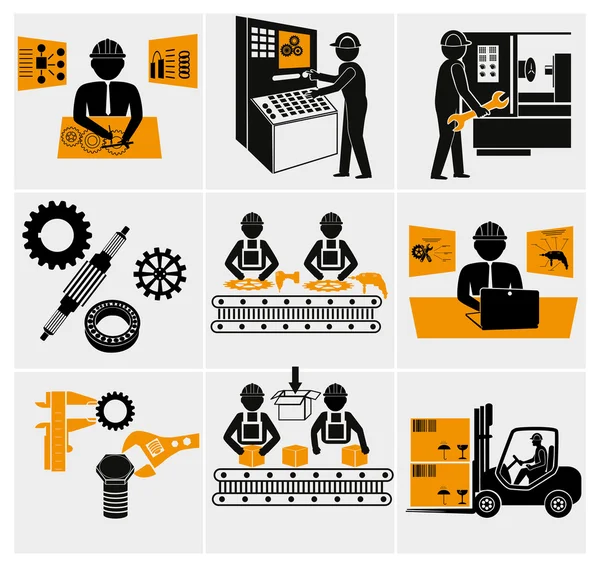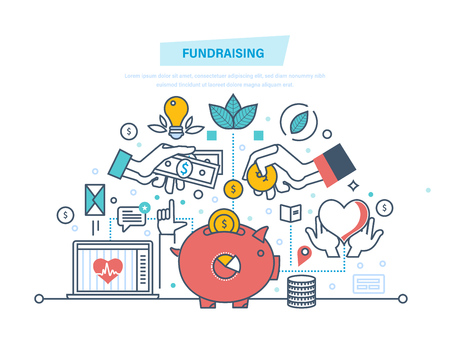Job creation for refugees through small production projects
Amidst global efforts to address the plight of refugees, job creation emerges as a critical avenue for fostering their economic empowerment and societal integration. Small production projects offer a promising pathway towards sustainable livelihoods for refugees, leveraging their skills, resilience, and entrepreneurial spirit. This introduction explores how such initiatives align with the principles of The Three Keys to Job Creation, elucidating how they can equip refugees with essential skills, facilitate access to finance and markets, and foster an enabling ecosystem for their economic success. By delving into the transformative potential of small production projects, this discussion underscores their capacity to not only generate employment opportunities but also catalyze socio-economic resilience and community empowerment among refugee populations.

What are small production projects?
In response to the question of what small production projects entails, it can be described as another type of enterprise where raw materials are transformed into a final product and made available to customers. Generating income from small production projects involves adding value by converting raw or low-value materials into a marketable product for target audiences. Initiating a small production project presents one of the best income-generating opportunities for individuals seeking employment in today’s society. Additionally, small production projects have the potential to create job opportunities for refugees.”
“In today’s context, with the increasing rate of unemployment and the scarcity of government and public sector employment opportunities, many individuals, including refugees, are seeking avenues to independently establish small-scale, profitable production ventures. However, due to limited capital, low risk tolerance, and a lack of essential knowledge and strategies, some refugees may hesitate to embark on such endeavors. Considering that income from production businesses often surpasses that of conventional businesses, launching a small production project with minimal capital can offer refugees higher potential profitability.
Moving forward, let’s explore several small production project ideas that entail lower risks and are suitable for refugees:”
Candle Production: Candle production is a small-scale production activity that can be implemented with minimal capital. Initially, this business can be started at home after acquiring the necessary training for making various types of candles. After improving the quality of work and attracting a large customer base, expansion of this business can be pursued. Nowadays, decorative and scented candles have significant market potential.

Perfume Production: Perfume production is another excellent idea for a small production project that does not require a high capital investment. By acquiring various essences and blending them together, unique and high-quality perfumes can be created. However, it’s worth noting that identifying different scents and blending them requires knowledge of perfumery and a refined sense of taste and talent. In this regard, you can sell the perfumes you create to perfume shops and even establish your own brand.
small production project Ideas for Refugees
There are numerous diverse ideas for starting a small production project. Individuals seeking to embark on an independent service or production venture can choose from these ideas based on their interests, skills, talents, and the time they can dedicate to the endeavor. Here are a few examples of small-scale production businesses with low capital requirements. If you’re looking to start your own business, join us:
Soap Production: There is a high demand for handmade soaps nowadays, with many people preferring them over industrial soaps. Handmade soaps are purchased by many individuals for their quality and also as gifts. The use of attractive and stylish handmade soaps in bathroom decor has become very trendy.
Resin Products Manufacturing: Working with resin and creating resin products is a skill that can be acquired through training courses and practice. Manufacturing resin products is another small-scale production business idea. Resin accessories, due to their high diversity and low production costs, can be produced in various designs and upon order. Using resin, a wide range of products such as earrings, ashtrays, rings, bookmarks, bracelets, keychains, and more can be created.
Leather Products Manufacturing: Another small-scale production business can be the creation of leather products. Leather is one of the most popular materials used in the production of market products sold worldwide. By starting a small-scale leather production business, you can generate a high income.
Clothing Workshop: A clothing workshop is another idea for a small-scale production business. Choosing and purchasing suitable clothing is a concern for everyone. Nowadays, with sanctions on the import of foreign clothing and increasing prices, most people are looking for quality clothing at reasonable prices. By starting a clothing production workshop, you can meet market needs and engage in small-scale production with a moderate capital investment. However, success in this field requires high skill and interest in tailoring.

Small-Scale and High-Yield Production in Villages
Small-scale production in villages can be highly profitable because there are numerous potential business ideas in rural areas. Therefore, many people choose to establish small production workshops in villages, which creates employment opportunities for rural residents. Here are a few examples of small-scale production in villages:
Honey Production and Processing: One of the high-yield ideas for small-scale production in villages is honey production and processing. To earn income from this business, you need to purchase honey processing machinery and hire labor. After completing these tasks, the next step is to obtain raw materials, which refers to beehives along with the honeybees themselves. By establishing them in a natural environment and caring for them, you can increase your honeybee population and generate income from selling honey. This business is highly profitable because, in addition to Iran, there is also high demand for honey in the international market.
Cultivation and Production of Edible Mushrooms: Another small-scale and high-yield production idea in villages is the cultivation and production of edible mushrooms. This business does not require a large capital investment, and with just a suitable environment, you can start earning income. After obtaining edible mushrooms and cultivating them, you can package them hygienically and sell them, generating a decent income with minimal investment. Additionally, you can sell your products in bulk.
Production of Herbal Extracts: Another income-generating idea in villages is the production of herbal extracts. Starting this business requires minimal investment, but the income derived from it is significant. To begin, you need a distillation apparatus. Then, by producing herbal extracts such as mint and other medicinal extracts, you can generate high income through their sale.
Small production project Ventures with Limited Capital
There are numerous diverse ideas for starting small-scale production businesses with an investment of 30 million tomans for individuals looking to embark on entrepreneurship with minimal capital. People with specific skills and talents can generate income by starting their own independent businesses. Among the small-scale production ventures with limited capital are:
Cement Block Production Workshop: Another small-scale production idea is setting up a workshop for producing cement blocks. Nowadays, there is high demand for construction blocks in the construction industry. After acquiring the necessary information about producing quality cement blocks at reasonable prices, you can generate substantial income.
Oil Extraction Workshop: Another idea for a small-scale production venture with limited capital is establishing an oil extraction workshop. Today, there is a growing preference for oils made from natural ingredients such as olive, sesame, and black seed oils over industrial and factory-made oils. The consumption of these oils contributes to health improvement and reduces the risks associated with oil consumption. Therefore, oil extraction can be a lucrative business with minimal expenses and low risk.
Homemade Cake and Pastry Production: Another small-scale production idea with limited capital is the production of homemade cakes and pastries. Starting this business requires skills and expertise in this field. However, individuals interested in this business can acquire the necessary knowledge through basic training. Then, by establishing a workshop, acquiring the necessary skills, and taking orders from customers, they can generate income.
Empowering Refugees: Leveraging The Three Keys to Job Creation
Charities can use The Three Keys to Job Creation to support refugees in building sustainable livelihoods and integrating into their host communities. Firstly, by providing tailored skill-building workshops and training programs, charities can equip refugees with essential business and management skills, such as financial literacy and marketing, enabling them to start and manage businesses effectively. Secondly, charities can facilitate access to finance through microfinance programs and grants, as well as connect refugees to markets by offering guidance on product development and networking opportunities with local businesses. Lastly, charities can advocate for supportive policies and initiatives that promote refugee entrepreneurship and economic integration, collaborating with government agencies and businesses to remove legal barriers and provide necessary resources. Through these efforts, charities empower refugees to overcome economic challenges, create sustainable livelihoods, and contribute positively to their host communities’ social and economic development.
read more: Best Fundraising Practices for Children




